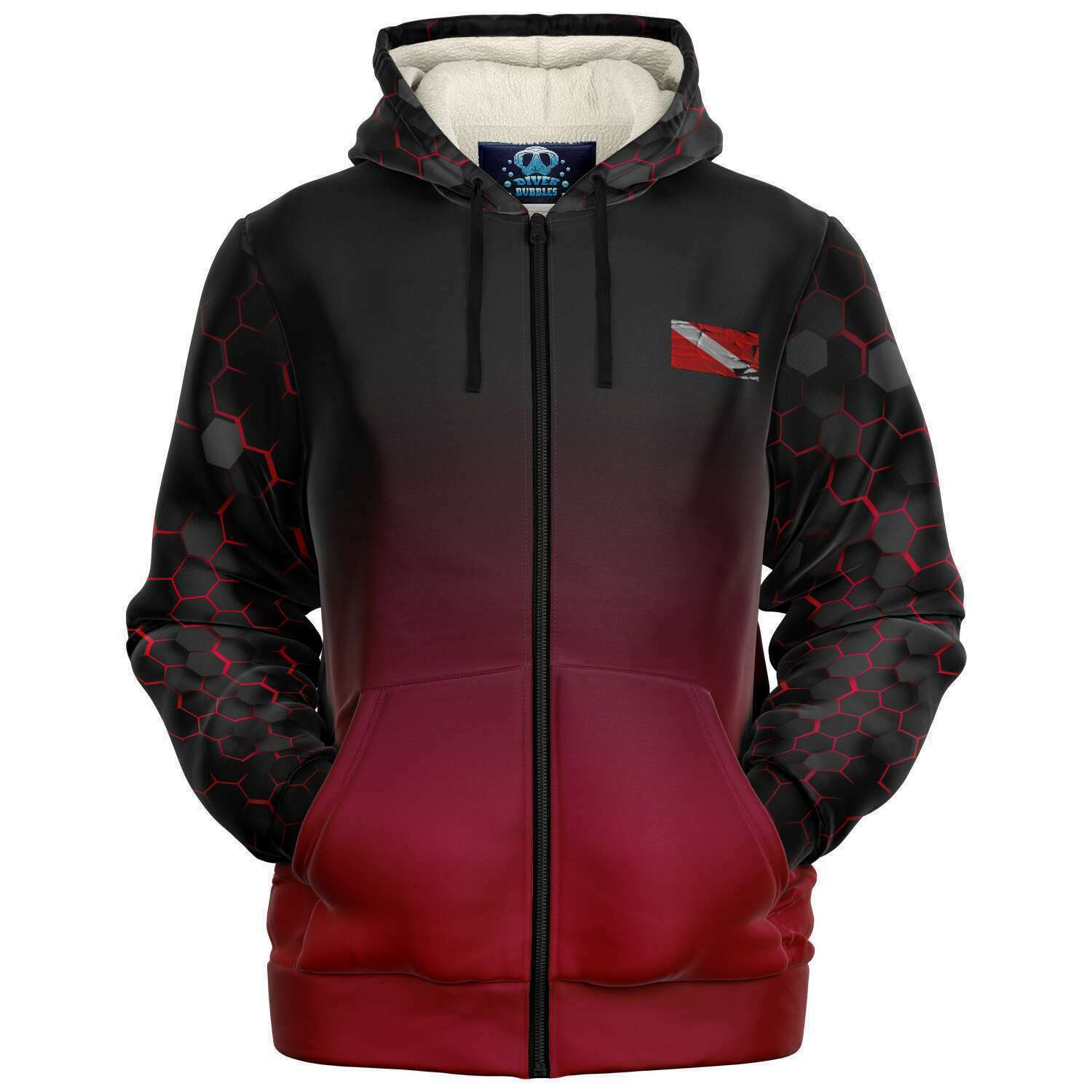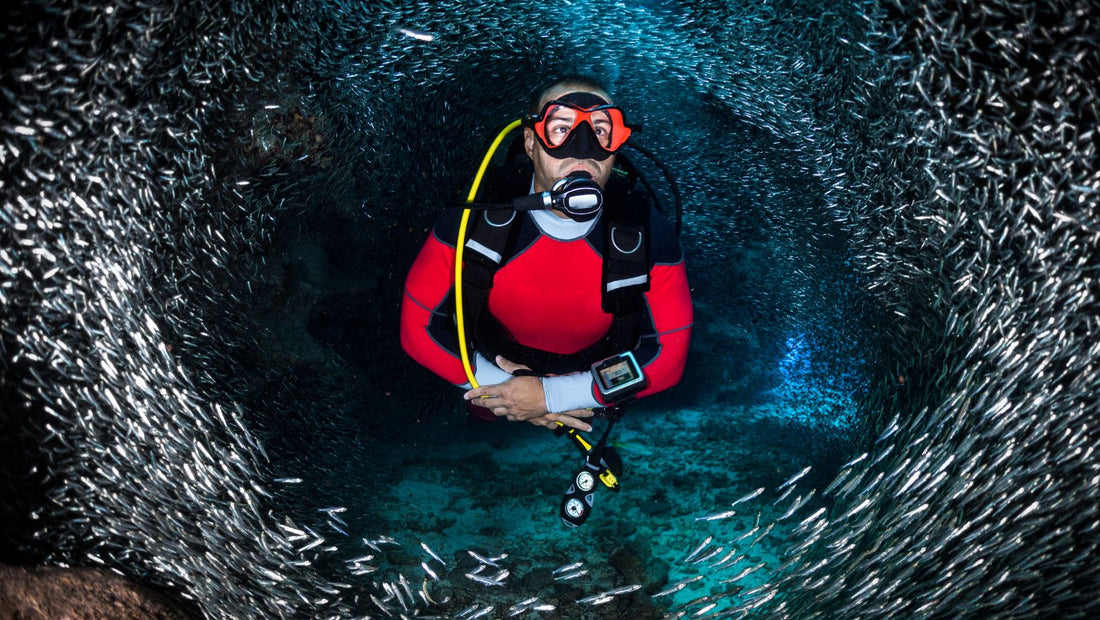Scuba diving is mostly a social sport as it involves a somewhat crowded boat and a dive buddy. The dive buddy is a major part of all scuba diving certification courses. Indeed, you’re taught underwater teamwork and to always care for and rely on your dive buddy. Solo diving is often thought of as technical diving, something only the pros would do, but perhaps we’ve got a biased perception of it. Think about the numerous scuba diving story that we hear about a scuba diver that got separated from his dive buddy or one that got paired with a buddy that is not well trained. In such cases, having a solo diver certification can benefit all of us.

Why and when would you need to dive solo?
Usually, when we think of a solo scuba diver, we refer to scientists, spear fishers, and serious underwater photographers. Diving solo requires some technical skills and was once reserved for highly trained professionals. This is changing as some expert divers advise solo diving to allow any serious diver to be autonomous underwater. The buddy system is what we first learn when getting certified and it sure is a proven working and safe system. That being said, incidents happen, currents happen, and inexperienced dive buddies happen. What if you are dragged away from your buddy or dive leader, do you have the skills to safely dive by yourself? Perhaps you should.

If you’re a lone adventurer and travel solo often, you could want to be a trained solo diver but still dive with a buddy. Indeed, it’s peace of mind to know that you can be paired with anyone on the dive trip and be self-sufficient if your dive buddy is inexperienced, or if you get separated from the group. Simply imagine a common scene in Thailand, where you are ready, with over 100 dives under the belt, and you are paired with a diver that is making his tenth plunge in the deep blue. Plus, what if a problem arises underwater? I would want to be autonomous.

The certification will teach you to be self-reliant and to have the ability to deal with any issues that might occur. You’ll learn to carry and work with a new type of dive buddy: your extra, independent, air source. Indeed, experts agree that solo diving requires top-notch diving skills and top shape equipment, plus spare equipment. You need an extra one of every essential piece of gear such as the air source, the mask, the computer, the buoy, the cutting tool, etc.





1 comment
Hai i need to know more details